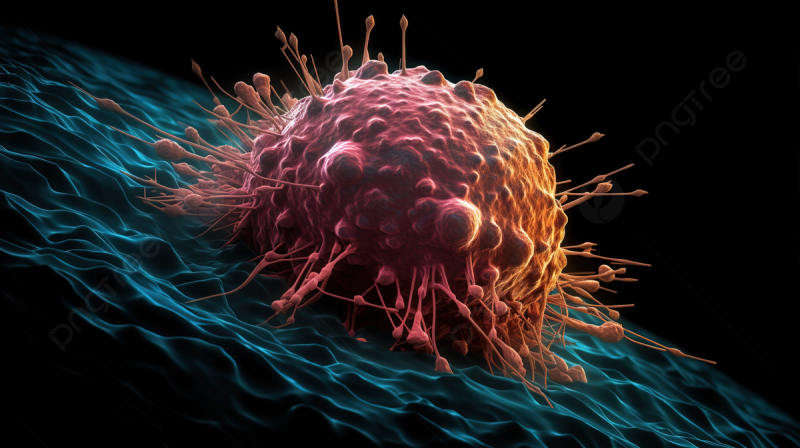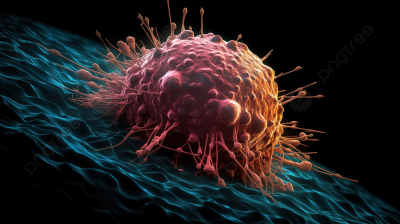A recent study has revealed that ketamine, widely known as a "horse tranquilizer" and a "recreational drug," may be capable of killing cancer cells, according to promising laboratory tests. The British newspaper Daily Mail reported that ketamine is widely used in veterinary medicine for anesthetizing animals, causing a euphoric state while alleviating pain and providing sedation. Despite its medical uses, the drug has a controversial reputation due to its recreational use. Risks associated with ketamine include addiction, hallucinations, and in extreme cases, death; for instance, Matthew Perry, a star from the show "Friends," died due to "acute effects" of ketamine last October.
The published study indicates that ketamine may inhibit the growth and spread of cancer cells, particularly in cases of brain and lung cancer. Although its success has not been proven in humans, scientists at Imperial College London, Hirosaki University, Nippon Medical School in Japan, and the National Clinical Research Center for Child Health in China hope to see similar results in further laboratory studies and among patients. In-depth studies involving thousands of cancer patients will be needed before ketamine can be proposed as a treatment, meaning that any significant developments are still years away at best.
**Potential Anticancer Effects of Ketamine**
In laboratory tests, human lung and brain cancer cells removed from the body and grown in a humid incubator were exposed to varying concentrations of ketamine. Scientists imaged the samples and used lasers to analyze them before treatment and 24 hours after exposure. The results showed that the growth and spread of cancer cells were suppressed, with the most significant effect observed in cells exposed to the highest dose of ketamine. The team noted that this indicates a significant reduction in cancer cell activity and a decrease in aggressiveness.
The findings also revealed a marked increase in the number of cells in the late stage of programmed cell death, where tumors destroy themselves. The drug appears to exert its effects by blocking a specific receptor known as NMDA, which plays a critical role in regulating tumor volume, spread, and severity of cancer. The team indicated that they used "relatively high" concentrations of ketamine in the study, asserting that the results do not necessarily mean the drug will have the same effect in patients.
Although this research presents promising preliminary results, the scientific community urges caution, as effects observed in the lab do not automatically translate to similar effects in humans. Further comprehensive studies are needed before considering ketamine as a potential cancer treatment. These additional investigations will involve rigorous testing on cancer patients, suggesting that any significant developments are likely several years away.




